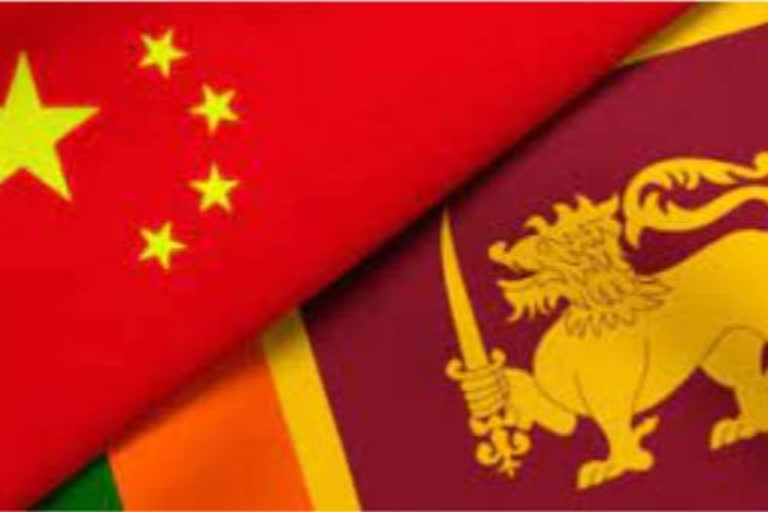New Delhi: Overriding 19 petitions that were filed in the Supreme Court at Colombo and hectic debates that took place ever since the Port City Bill was tabled in the island nation’s parliament last month, Sri Lankan Parliament approved the controversial bill on Tuesday.
The bill was opposed on the ground that it was seen impinging upon Sri Lankan sovereignty.
After its passage in parliament, a special economic zone (SEZ) will be set up in the 269 hectares of reclaimed land near the Colombo port where businesses can be conducted in any recognized foreign currency.
Read:Time to unite and work as 'Team India' to fight COVID: Kejriwal to Centre
The Sri Lankan government claims the SEZ status will attract huge foreign investments while ensuring lakhs of jobs for Lankan citizens. But the bill is seen as a key opportunity for China to further expand its growing footprint in India’s immediate neighbourhood.
About 40 percent of transshipped India-bound container cargo passes through the Colombo Port.
China is the biggest foreign investor in Sri Lanka. China’s main projects, among a host of others, are the Colombo Port Project and the Hambantota Port Development.
It is known that 70 percent of Hambantota port, about 200 km southeast of Colombo has already been leased by the Sri Lankan government to the China Merchants Port Holdings Company for 99 years for $1.12 billion.
Read:Sputnik V agreed to supply vaccine to Delhi; quantity yet to be decided: Kejriwal
A growing area of cooperation between the two countries is in the military area which is just second to the economic one. The relationship is perhaps well exemplified by the recent gift of a naval frigate by China to Sri Lanka and the signing of key military pacts.
That China is already exerting its authority and influence in Hambantota was in evidence on April 21, 2021, when an Antigua Barbuda-registered ship 'MV Naples' headed to China refused permission to Sri Lankan Navy, port officials and customs authorities to inspect its cargo at Hambantota port.
The cargo ship, originating from Rotterdam, was carrying 'dangerous cargo' comprising uranium hexafluoride (UF6), commonly called ‘hex’ in the nuclear industry.
Read:SC stays Allahabad HC order on bail to accused over Covid fear
The issue had rocked Lankan Parliament and prominent Opposition leader Sajith Premadasa had raised the issue on the floor of the House. Without taking names, Premadasa said: “The government appears to be under pressure from a diplomatic mission.”
Hugely radioactive, uranium hexafluoride leaks from storage containers can cause severe damage to respiratory organs, eyes, kidneys, reproductive organs to even death besides causing mutations and cancer. But more significantly, uranium hexafluoride is used while enriching uranium for producing fuel for nuclear reactors and nuclear weapons.
The ship had made the halt at Hambantota for urgent repairs but had not declared that it carried dangerous cargo on board before entering the port.
